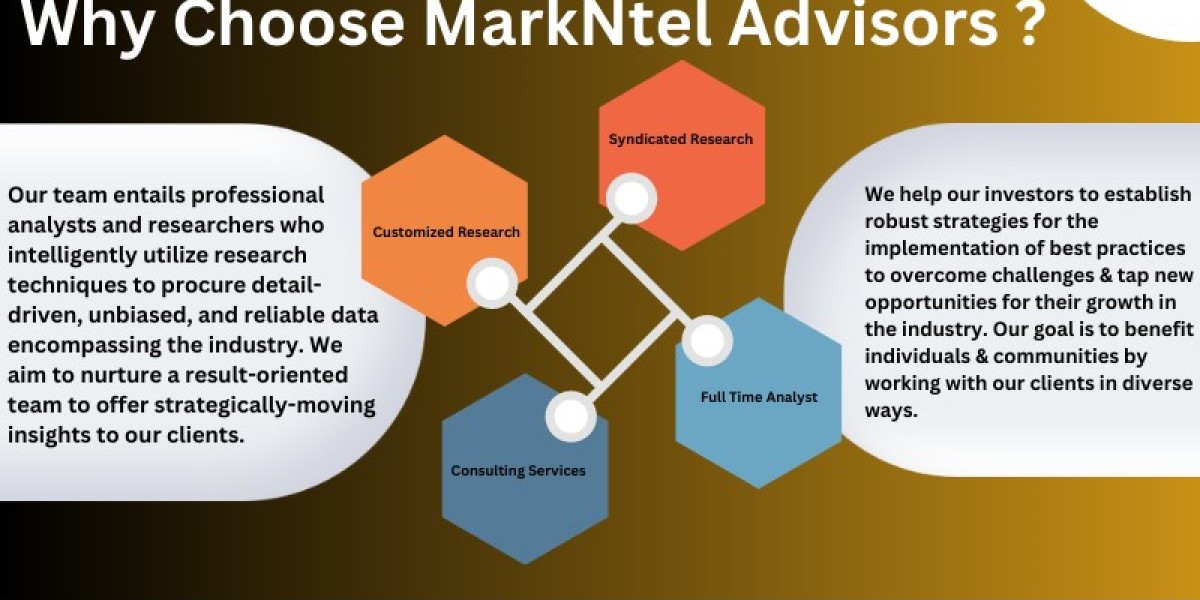Building an architect email list is a crucial strategy for architects aiming to establish and maintain connections with potential clients, collaborators, and industry professionals. However, this process must be approached with a keen understanding of the legal frameworks governing email marketing. In this article, we will delve into the essential legal considerations that architects must keep in mind when building and managing an email list.
Understanding Data Protection Laws
GDPR Compliance
The General Data Protection Regulation (GDPR) is a comprehensive data protection law that applies to organizations operating within the European Union (EU) or dealing with data subjects in the EU. GDPR compliance is paramount when collecting, storing, and processing personal data, including architect email addresses.
To ensure GDPR compliance, architects must:
- Obtain Explicit Consent: Before adding individuals to an email list, obtain clear and explicit consent. This involves providing information about how their data will be used and ensuring they have the option to opt-in.
- Provide a Privacy Policy: Clearly outline how personal data will be handled. This privacy policy should be easily accessible and comprehensible.
- Allow Easy Opt-Out: Recipients should have the option to unsubscribe from the email list at any time, and this process should be straightforward and free of charge.
- Secure Data Storage: Implement robust security measures to protect personal data from unauthorized access, breaches, or leaks.
CAN-SPAM Act
For architects operating in the United States, compliance with the CAN-SPAM Act is crucial. This law sets forth the rules for commercial email, establishes requirements for commercial messages, gives recipients the right to stop receiving emails, and outlines tough penalties for violations.
Key requirements of the CAN-SPAM Act include:
- Clear Identification: Emails must clearly identify themselves as advertisements or promotional content.
- Accurate Sender Information: The "From," "To," and "Reply-To" fields must accurately reflect the sender’s identity.
- Subject Line Transparency: Subject lines should not be misleading or deceptive.
- Physical Address: Emails must include a valid physical postal address.
- Opt-Out Mechanism: Provide a clear and simple way for recipients to opt out of receiving future emails, and honor these requests promptly.
Best Practices for Ethical Email List Building
Double Opt-In
Using a double opt-in method ensures that individuals genuinely want to be part of your email list. After an initial sign-up, send a confirmation email requiring the individual to verify their subscription. This practice not only complies with legal standards but also enhances the quality of your email list by ensuring active and interested recipients.
Transparency and Honesty
Be transparent about how you will use the email addresses you collect. Inform subscribers about the type of content they can expect and how frequently they will hear from you. Honesty in your communications builds trust and loyalty among your audience.
Regularly Update Your List
Maintain a healthy email list by regularly updating and cleaning it. Remove inactive subscribers and invalid email addresses to improve engagement rates and avoid potential legal issues related to outdated or inaccurate data.
Implementing Security Measures
Data Encryption
Protect the personal data you collect by using data encryption. Encrypting data ensures that even if unauthorized parties gain access to your database, the information remains unreadable without the appropriate decryption key.
Access Controls
Limit access to your email list to only those individuals who need it to perform their job functions. Implementing strict access controls minimizes the risk of data breaches and ensures accountability within your organization.
Regular Audits
Conduct regular audits of your data security practices. Audits help identify potential vulnerabilities and ensure compliance with relevant data protection laws. Address any issues promptly to maintain the integrity of your email list.
Navigating International Email Marketing Laws
CASL Compliance
For architects reaching out to contacts in Canada, compliance with the Canadian Anti-Spam Legislation (CASL) is essential. CASL requires explicit consent for sending commercial electronic messages and mandates that organizations provide clear identification and an easy way to unsubscribe.
Australia's Spam Act
Australia’s Spam Act 2003 also sets strict guidelines for email marketing. Similar to GDPR and CAN-SPAM, it requires consent, accurate sender information, and a functional unsubscribe mechanism. Non-compliance can result in substantial penalties.
Consequences of Non-Compliance
Financial Penalties
Non-compliance with email marketing laws can result in significant financial penalties. For instance, GDPR violations can lead to fines of up to €20 million or 4% of global annual revenue, whichever is higher. Similarly, CAN-SPAM violations can incur penalties of up to $43,280 per email.
Reputational Damage
Beyond financial repercussions, non-compliance can severely damage your professional reputation. Clients and partners are less likely to trust an organization that fails to protect personal data or disregards legal obligations.
Legal Actions
In extreme cases, non-compliance can lead to legal actions, including lawsuits from affected individuals or regulatory bodies. These legal battles can be time-consuming, costly, and detrimental to your business operations.
Conclusion
Building an architect email list is a powerful tool for professional growth and client engagement. However, it is imperative to navigate the complex legal landscape with diligence and care. By adhering to data protection laws, implementing best practices, and ensuring robust security measures, architects can build and maintain an email list that not only complies with legal standards but also fosters trust and loyalty among recipients.



